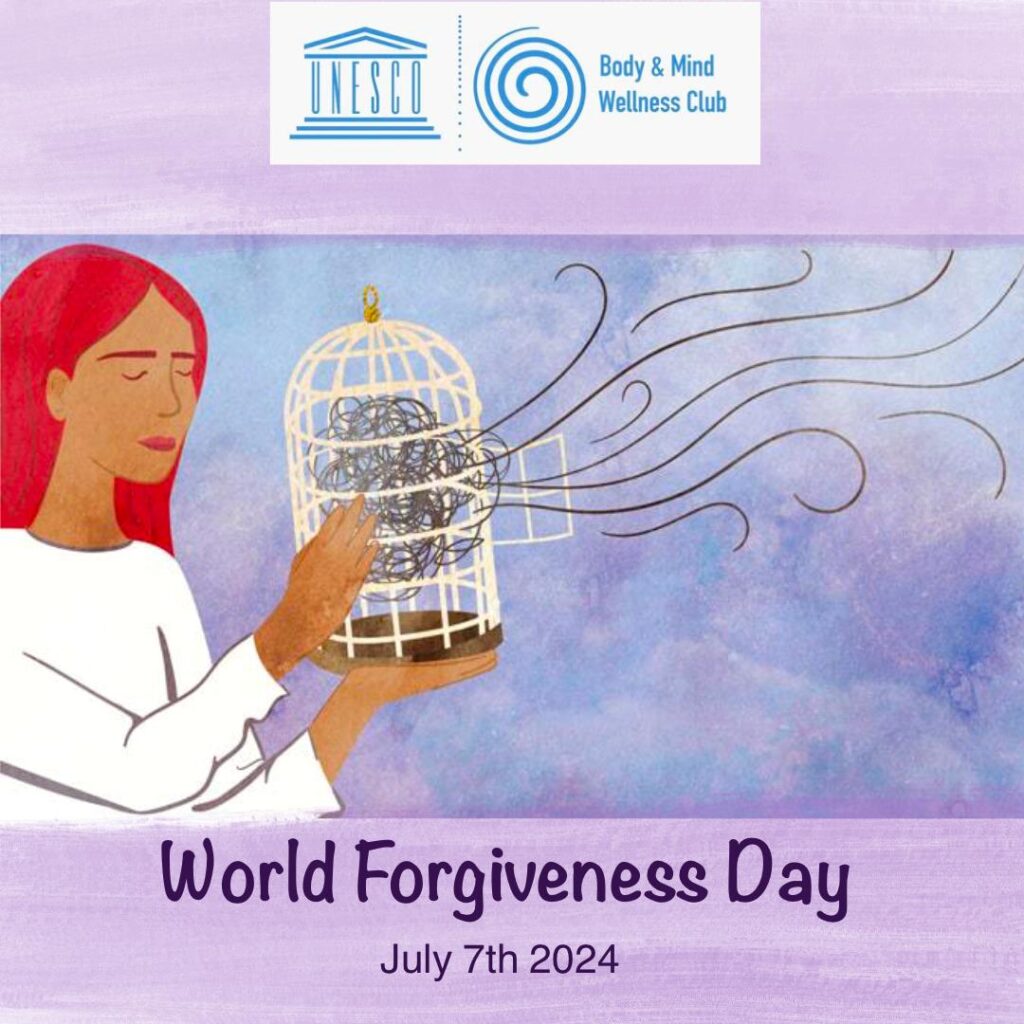
On July 7th, 2024, people around the globe will come together to observe World Forgiveness Day, a day dedicated to the profound act of forgiving. This annual event serves as a reminder of the transformative power of forgiveness in our personal lives, communities, and the broader world.
Forgiveness is more than just a noble act; it’s a journey that requires courage, empathy, and understanding. It is a process that can heal wounds, mend broken relationships, and pave the way for peace and reconciliation. As we navigate a world often marked by conflict and misunderstanding, the significance of forgiveness becomes increasingly vital.
The Origins of World Forgiveness Day
World Forgiveness Day was established to promote the practice of forgiveness as a universal principle that transcends cultures, religions, and personal grievances. It encourages individuals to reflect on the grievances they hold and consider the liberating power of letting go. The day was created by the Worldwide Forgiveness Alliance, a non-profit organization dedicated to the message of global forgiveness.
The Power of Forgiveness
Scientific studies have shown that forgiveness can lead to a variety of health benefits, including reduced stress, lower blood pressure, and improved mental well-being. Holding onto anger and resentment, on the other hand, can have detrimental effects on both physical and emotional health. By choosing to forgive, we release ourselves from the burden of bitterness and open the door to a more peaceful and fulfilling life.
Stories of Forgiveness
Throughout history, there have been remarkable stories of forgiveness that inspire us to believe in the possibility of reconciliation. One such story is that of Nelson Mandela, who, after spending 27 years in prison, forgave his captors and led South Africa towards a future of unity and healing. His example teaches us that forgiveness is not about condoning wrongdoings but about freeing ourselves from the chains of hatred.
In our everyday lives, we can find countless examples of forgiveness – from families who mend estranged relationships to communities that come together after conflicts. These acts of forgiveness, whether grand or small, demonstrate the resilience of the human spirit and our capacity for compassion.
UNESCO BMW’s Involvement
UNESCO BMW is playing a key role in World Forgiveness Day by promoting peace and reconciliation. Their efforts include educational workshops, public awareness campaigns, and events that emphasize the importance of forgiveness in resolving conflicts and fostering understanding. This involvement aligns with UNESCO BMW’s mission to encourage intercultural dialogue and mutual respect worldwide.
UNESCO BMW’s Vision
Our vision mission encompasses three main goals that are also in line with this occasion today and engage people of all ages, especially the youth improvement of the inner ecosystem, enhancement of inner creativity through arts and crafts, and, lastly, encouragement of keeping the oceans clean.
By:- Srija Ramisetty
Sources
- https://unescobmw.org/about-us/our-mission/
- https://unescobmw.org/
- https://en.wikipedia.org/wiki/Nelson_Mandela
- https://forgivenessalliance.org/
- https://www.mayoclinic.org/healthy-lifestyle/adult-health/in-depth/forgiveness/art-20047692#:~:text=It%20can%20help%20free%20you,the%20harm%20done%20to%20you.